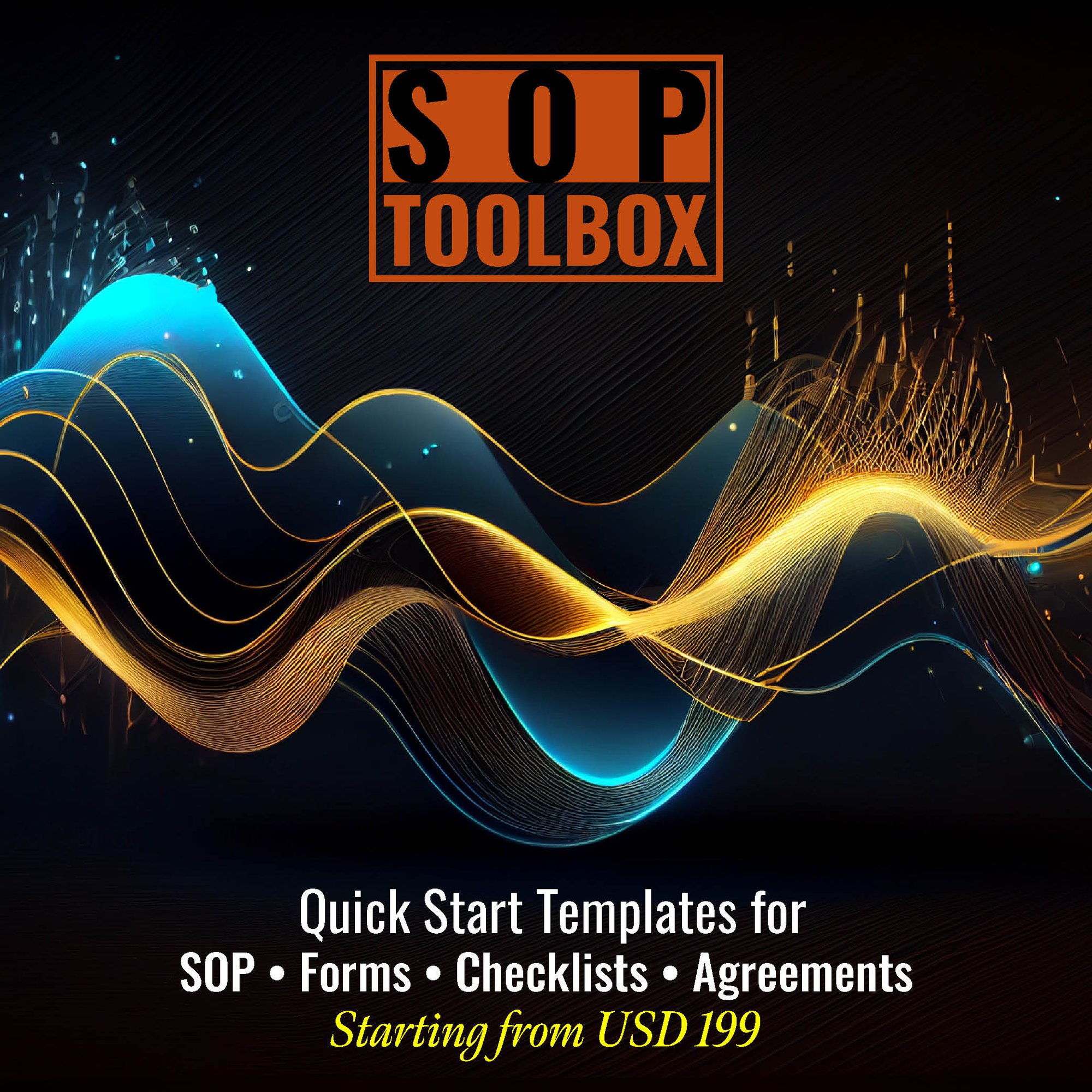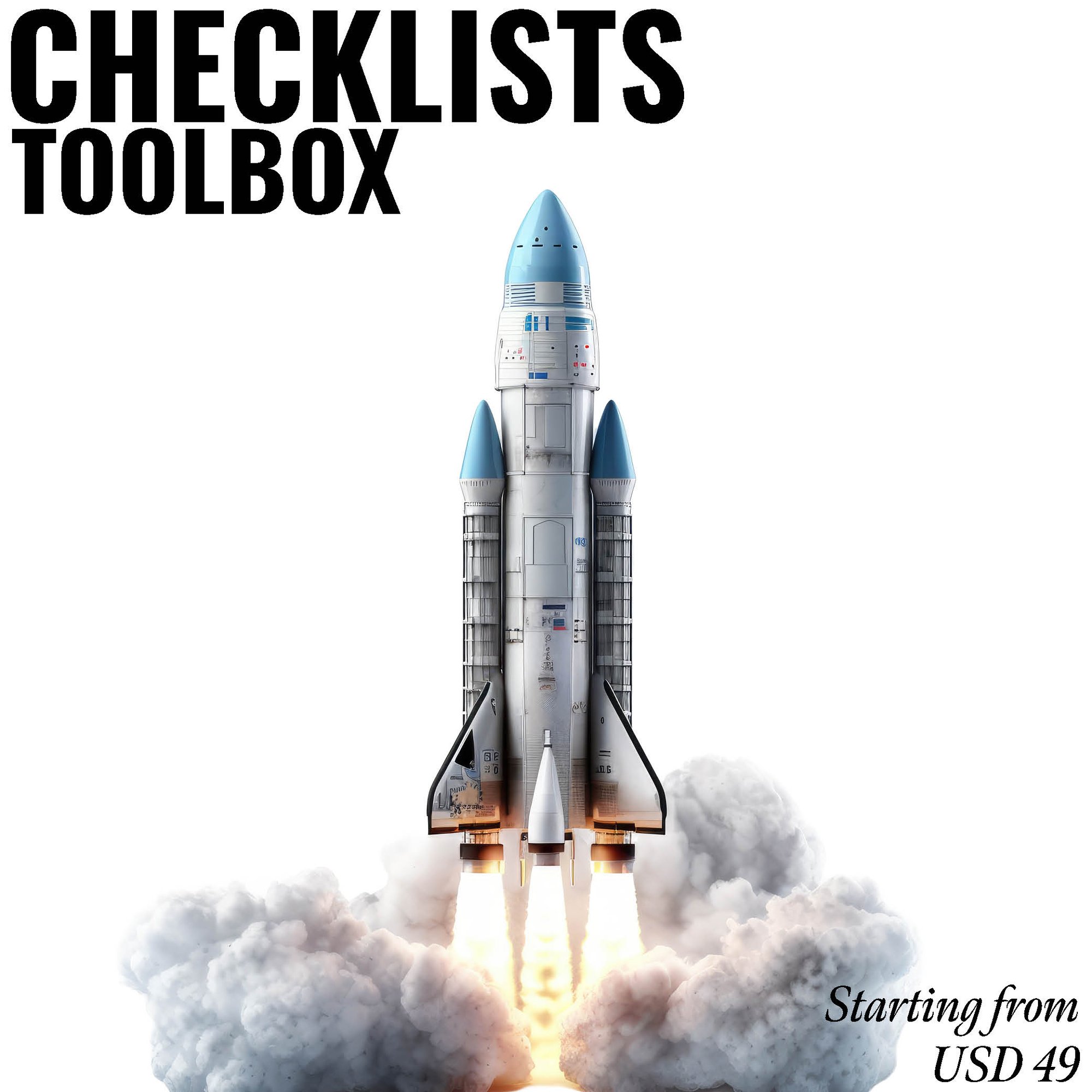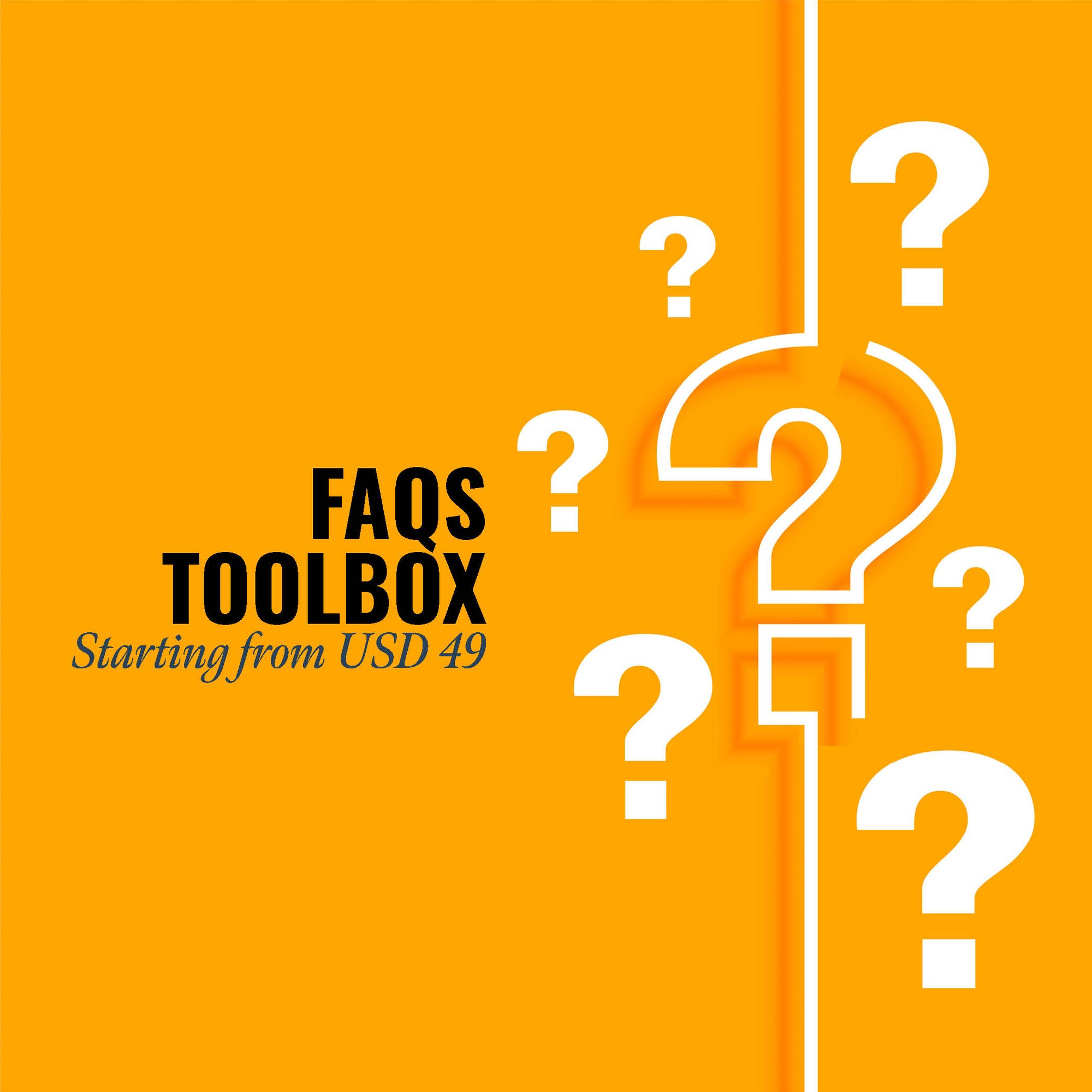Software licensing guidelines define the legal and ethical framework for acquiring, using, and managing software within an organization. These policies ensure compliance with licensing agreements, protect against legal risks, and optimize software investments. Proper guidelines help businesses avoid software piracy, unauthorized usage, and financial penalties. They also outline best practices for license procurement, renewals, audits, and vendor negotiations. By establishing clear procedures for software asset management, organizations can enhance productivity, reduce costs, and ensure seamless IT operations. Effective software licensing policies contribute to regulatory compliance, cybersecurity, and overall operational efficiency, ensuring smooth business continuity.
Fhyzics Business Consultants’ Software Licensing Guidelines Templates offer a structured approach to managing software assets efficiently while ensuring compliance with legal and regulatory requirements. These templates provide comprehensive documentation covering software acquisition, usage rights, renewal policies, vendor agreements, and compliance monitoring.
With Fhyzics’ templates, organizations can establish standardized procedures to track software licenses, prevent overuse or underutilization, and mitigate risks associated with non-compliance. The templates help IT teams manage licensing audits effortlessly, ensuring transparency and adherence to software agreements. They also assist in creating efficient workflows for purchasing, renewing, and retiring software assets.
Additionally, these templates support cost optimization by helping businesses identify redundant or unnecessary software expenses. By implementing a well-defined licensing strategy, organizations can prevent financial penalties and legal disputes while maintaining cybersecurity integrity.
Fhyzics’ templates empower businesses with a clear framework for vendor negotiations, ensuring they get the best value from software investments. These ready-to-use guidelines enable companies to streamline IT asset management, foster regulatory compliance, and maintain operational continuity. With structured licensing policies, organizations can enhance efficiency, reduce risks, and optimize software usage effectively.
Top 10 benefits of TSoftware Licensing Guidelines
1. Ensures Legal Compliance – Prevents violations and legal penalties.2. Reduces Security Risks – Protects against unauthorized software use.
3. Optimizes Software Costs – Avoids unnecessary license expenses.
4. Prevents License Violations – Ensures adherence to agreements.
5. Enhances IT Asset Management – Streamlines software tracking.
6. Simplifies Audits – Ensures preparedness for software audits.
7. Improves Vendor Management – Facilitates better negotiations.
8. Reduces Operational Disruptions – Prevents unexpected software issues.
9. Boosts Productivity – Ensures continuous software availability.
10. Strengthens Cybersecurity – Mitigates risks from unauthorized applications.
This Article is Uploaded by: Gokul K
Keywords: Software licensing guidelines, software compliance policies, IT asset management, software asset tracking, software license agreements, software procurement policies, software compliance audits, enterprise software licensing, SaaS licensing best practices, open-source software policies, software license management tools, IT governance frameworks, software usage policies, license renewal management, software vendor management, cloud software licensing, software compliance risks, digital rights management, cybersecurity compliance, enterprise IT policies, subscription-based software management, volume licensing agreements, intellectual property rights, software license tracking, software piracy prevention, IT compliance standards, regulatory software compliance, end-user license agreements (EULA), enterprise SaaS policies, technology asset optimization, IT software investment strategies, business software compliance, IT security policies, risk management in software licensing, software procurement best practices, cloud computing license agreements, software cost optimization strategies, compliance management in IT, digital transformation software policies, IT legal risk mitigation, software licensing frameworks, data protection regulations, IT governance best practices, managed software services, software lifecycle management, enterprise software audits, corporate IT licensing strategies, technology contract negotiations, digital asset management policies, IT compliance checklists, software vendor risk assessments, cybersecurity in software licensing, hybrid cloud licensing, enterprise resource planning (ERP) software licensing, digital workplace software policies, corporate software governance, technology procurement strategies, software budgeting and cost control, IT department software policies, software license compliance software, software contract management, automation in software asset tracking, cloud security and licensing, information security policies, IT service management frameworks, digital compliance and risk mitigation, cloud-based software asset tracking, software risk management best practices, technology adoption policies, IT policy documentation, enterprise software portfolio management, software rights and obligations, secure software procurement, mobile software licensing strategies, IT infrastructure software policies, business continuity in software licensing, IT contract governance, SaaS compliance frameworks, cybersecurity risk assessment, technology investment and ROI analysis, digital compliance solutions, cloud computing governance policies, remote work software policies, technology due diligence, IT security compliance standards, information governance frameworks, IT software lifecycle strategies, software inventory management, compliance automation solutions, regulatory risk management in software, software vendor due diligence, business software tracking, data privacy compliance policies, and IT software procurement optimization.















